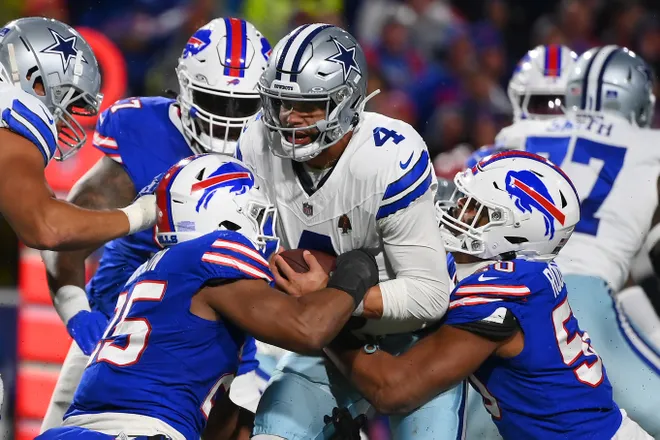
For those unfamiliar with the African creative industries, there is the misconception that thriving creative platforms like Paradise Games, Dak’Art, Art X Prize, Lagos Biennale, Ake Books & Arts Festival had massive institutional and governmental support. That is far from the truth, particularly when building from the scratch.
Africa’s creative industries, more often than not, are built by big dreams, guts, opportunities and partnerships, as emerging technology creatives: Seraphine Angoula, co-founder and festival director, Dakar Series Regional Audiovisual Attache, Senegal; Sidick Bakayoko, Director General, eGames platform, Paradise Games, Cote D’Ivoire; Judith Okonkwo, founder, Imisi 3D, Nigeria; Alain Laeron, Director Executive, Institut Francais, Togo, and Sebastien Onomo, Producer, Director and Screenwriter at Special Touch, France revealed at the Creation Africa forum, held October 6 to 8, at La Gaite Lyrique, Paris France.
For Okonkwo, the dream to found an Extended Reality (XR) creation laboratory focused on creating solutions, and providing educational and engagement experiences with Augmented Reality (AR) and Virtual Reality (VR), first requires guts and pragmatism to pull investors.
“You have to be a little crazy because you are going against the grain. You are working with and will encounter many gainsayers,” said Okonkwo of her experience establishing Imisi 3D since 2015/2016, when XR/new technology interest and players was non-existent in the continent. Of course, there was the challenge of building and certifying the technical skills requisite to running the ecosystem through trainings, as well as collaborations and partnerships to foster the industry.
“We had to think about how these (XR) technology can impact our society now and in the future, in order to have the buy-in of investors.”
As is often the case, many creative ventures start small. “From a group of friends who come together to organize a competition amongst themselves; then expanding to involve more people, out of the desire to improve their craft,” said Paradise Games, Director General, Sidick Bakayoko.













I love African so much